
In his dialectics, Hegel espoused a philosophical argument, that to every fresh idea, an opposing idea emerges to counter it. And the clashing of these two ideas results in the formation of a refined idea, which is usually better than the two opposing notions.
He calls the first idea thesis, the second, antithesis and the resultant idea synthesis.
Karl Marx, the founder of modern socialism, built upon this philosophy to espouse his own historical materialism. With this, he taught that conflict has always been the vehicle of change. According to Marx, “The history of hitherto existing societies is the history of class struggle.”
Expatiating on this, he observed that the transformation of all past societies were always preceded by conflict, which normally occurred between two opposing classes with conflicting interests.
According to the philosopher, apart from the pre-communal society which was classless, the subsequent societies experienced conflicts, which always resulted in the transformation of the previous society into a better one.
This struggle, he noted, began with the slave-owning society, where a conflict between the slave master and the slave transformed that society into the feudal society.
With time, another conflict occurred between the Lords and the serfs, thereby transforming the feudal society into the capitalist society.
Based on this, Marx predicted a possible conflict between the proletariat (working class) and the bourgeoisie (capitalist class.)
He predicted that this conflict would transform the current capitalist society into a socialist one.
Fortunately or unfortunately, however, this conflict never occurred because the capitalists have possibly ganged up with the governing class to suppress it.
Ghana Today and the Need for Conflict
Just like the feudal and slave-owning societies, Ghana needs transformation, lest the oppressed masses perish for good. However, without a deliberate instigation of acceptable conflict between the capitalists and the suppressed masses, this transformation cannot happen.
Ghana today can be likened to the slave-owning society, where the slave owners feasted on the sweats of their slaves without taking their welfare into consideration.
This is not a hyperbolic expression at all! Let’s compare these two societies before we try to agree or disagree.
During the era of the slave-owning society, the slave masters used the slaves to till their plantations.
The proceeds of these farms were, however, used to promote the welfare of the slave masters at the expense of the slaves, who worked on the plantations.
In Ghana today, the political class also uses their aristocratic advantage to influence the poor masses to empower them through elections to take absolute control of the resources of the nation.
Upon winning the elections, they exploit the collective resources of the nation to promote their avaricious interests at the expense of the poor masses, whose political sovereignty gave them access to these resources.
Have you ever thought of why mining licenses are given to politicians and their allies to destroy our water bodies to make money for themselves? Is that why you voted for them?
Elections are just a social contract between the politicians and the voters. In this contract, the voters surrender their power to the politicians to use the same power to protect them through good governance.
The votes of the poor masses should be used to provide them with good social infrastructure and services through the conducive environment the politicians would have created.
The votes of the poor masses should be used to protect them under the law through the conducive environment the politicians would have created.
BY BALA ALI
The post The place of conflict in Ghana’s transformation and the masses’ progress appeared first on Ghanaian Times.
Read Full Story
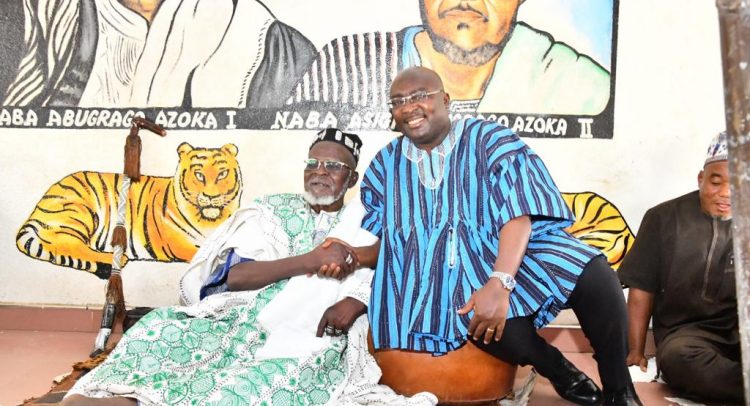
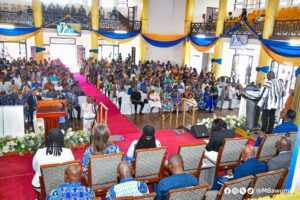
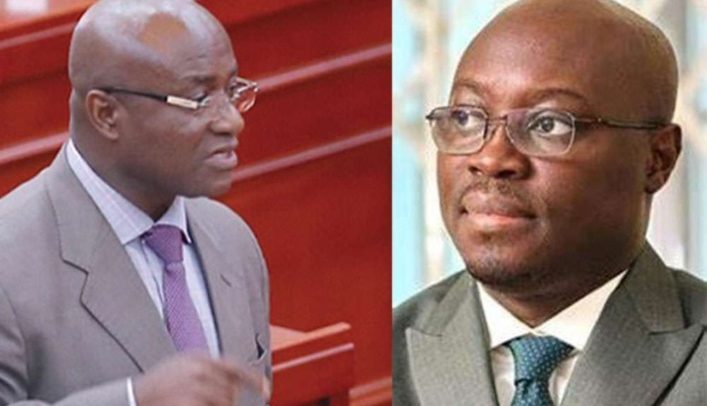
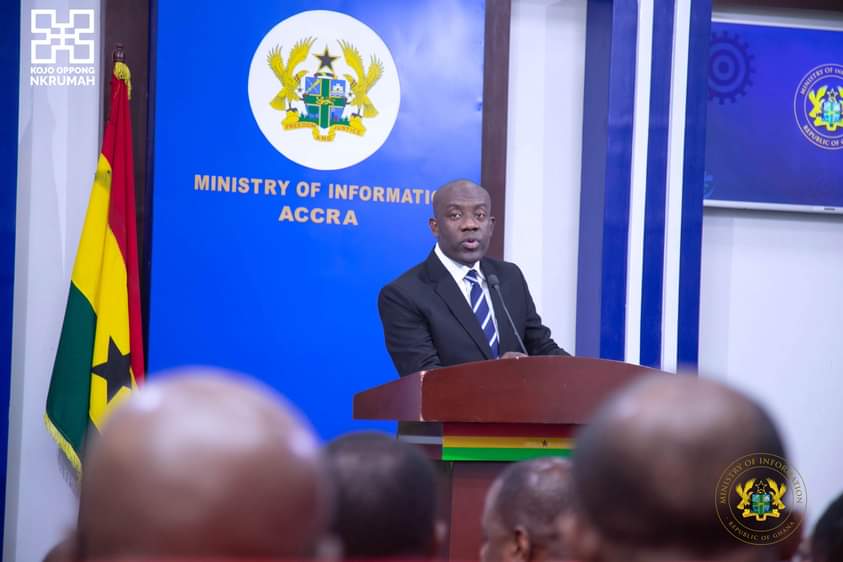
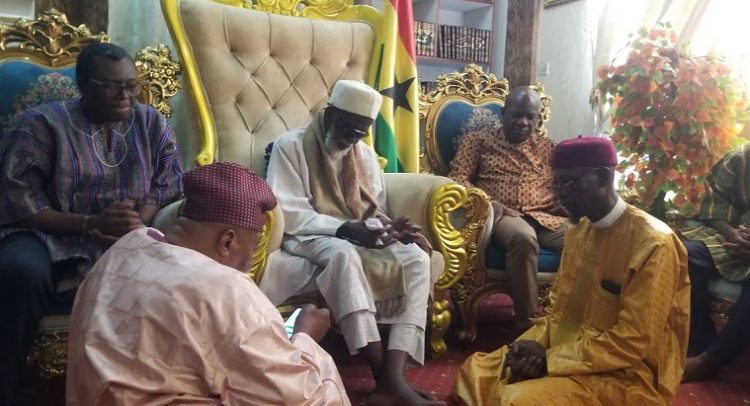



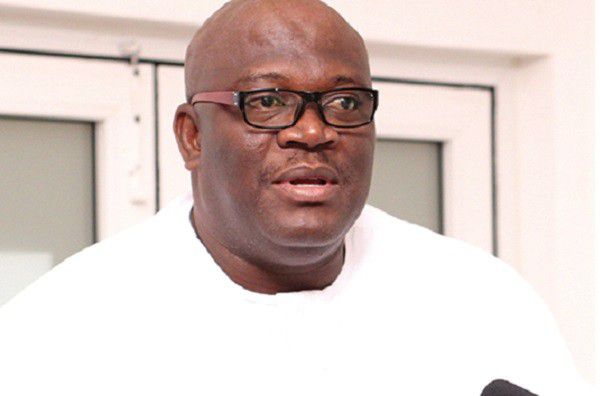
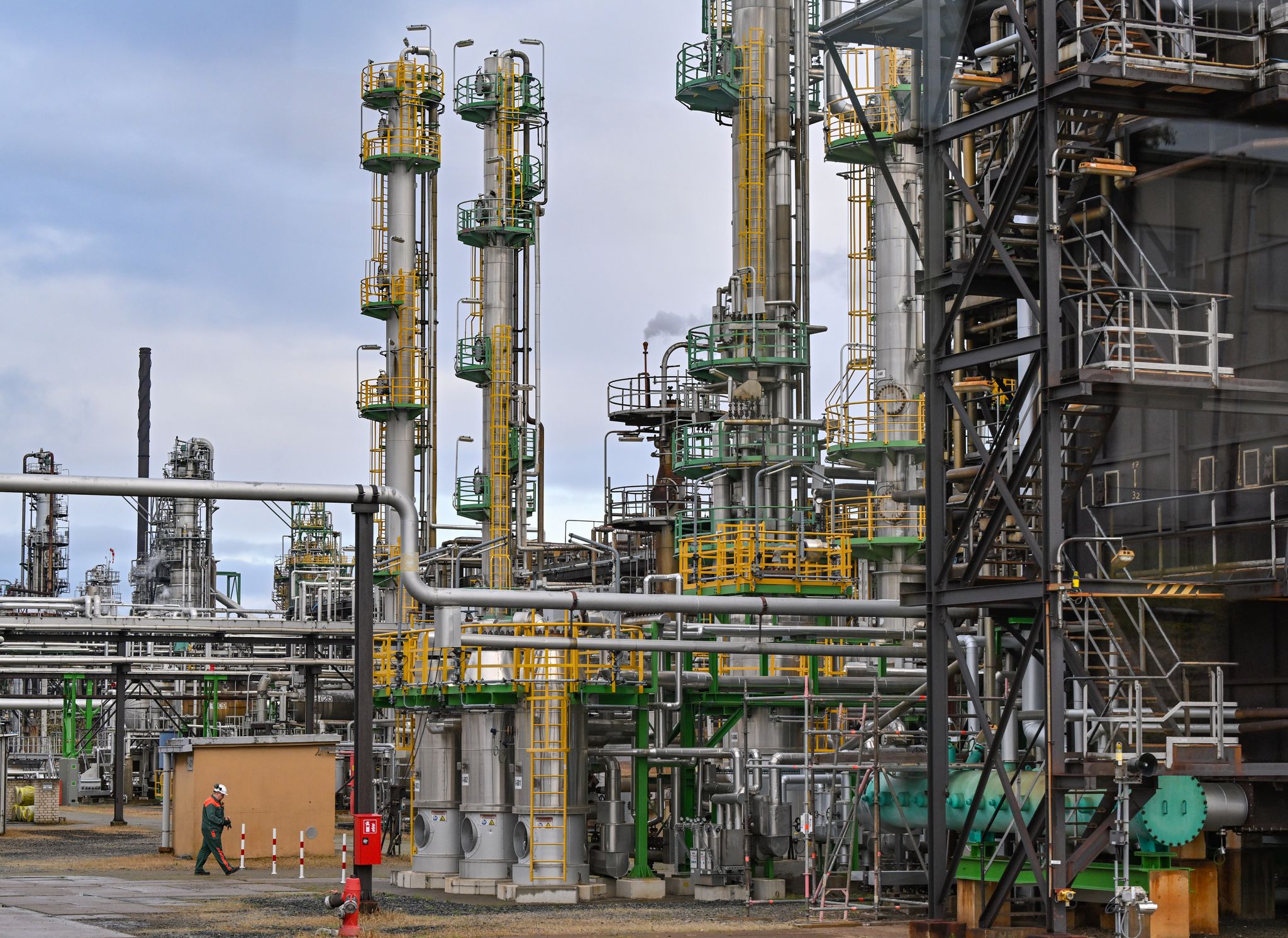




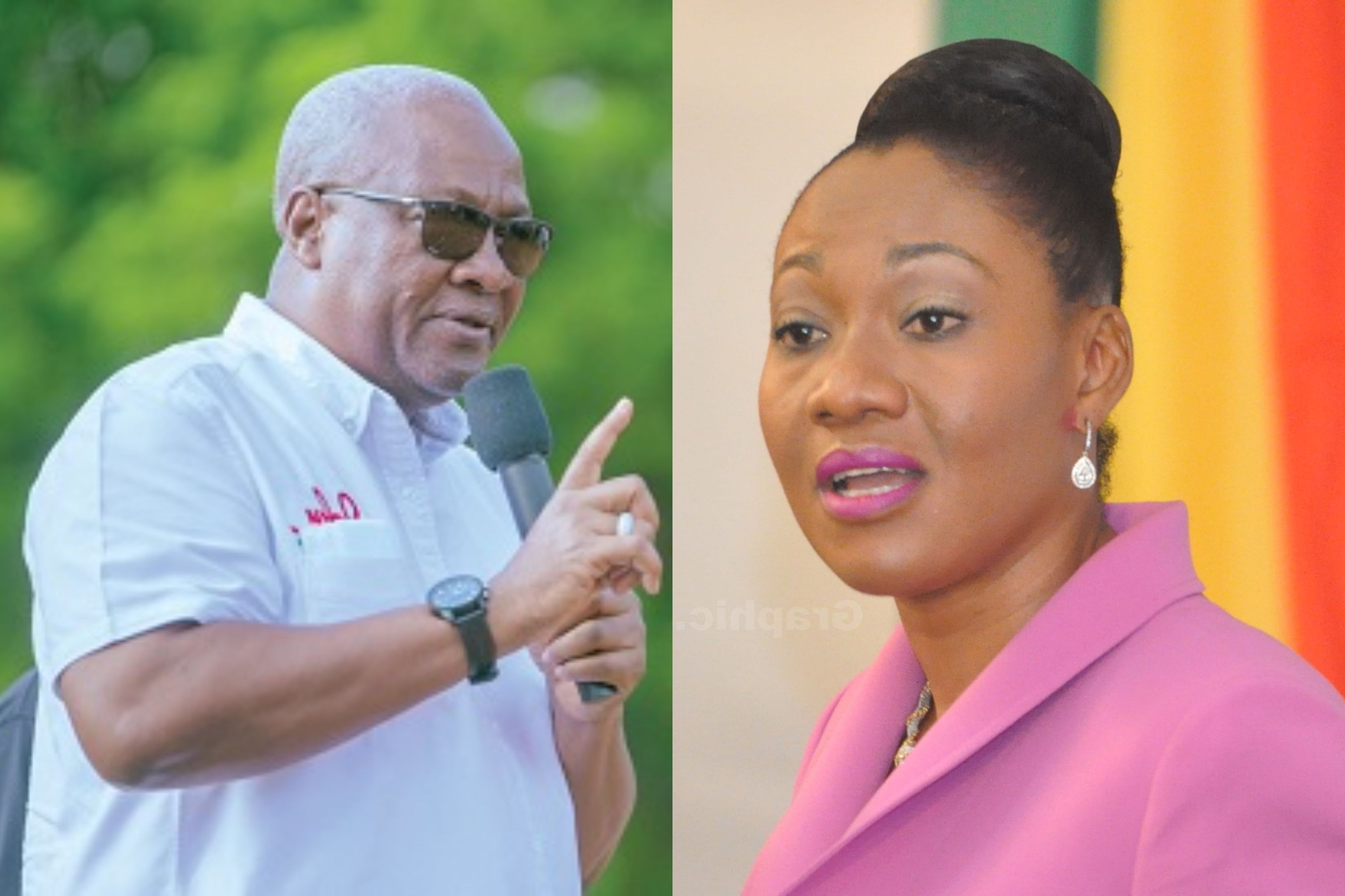

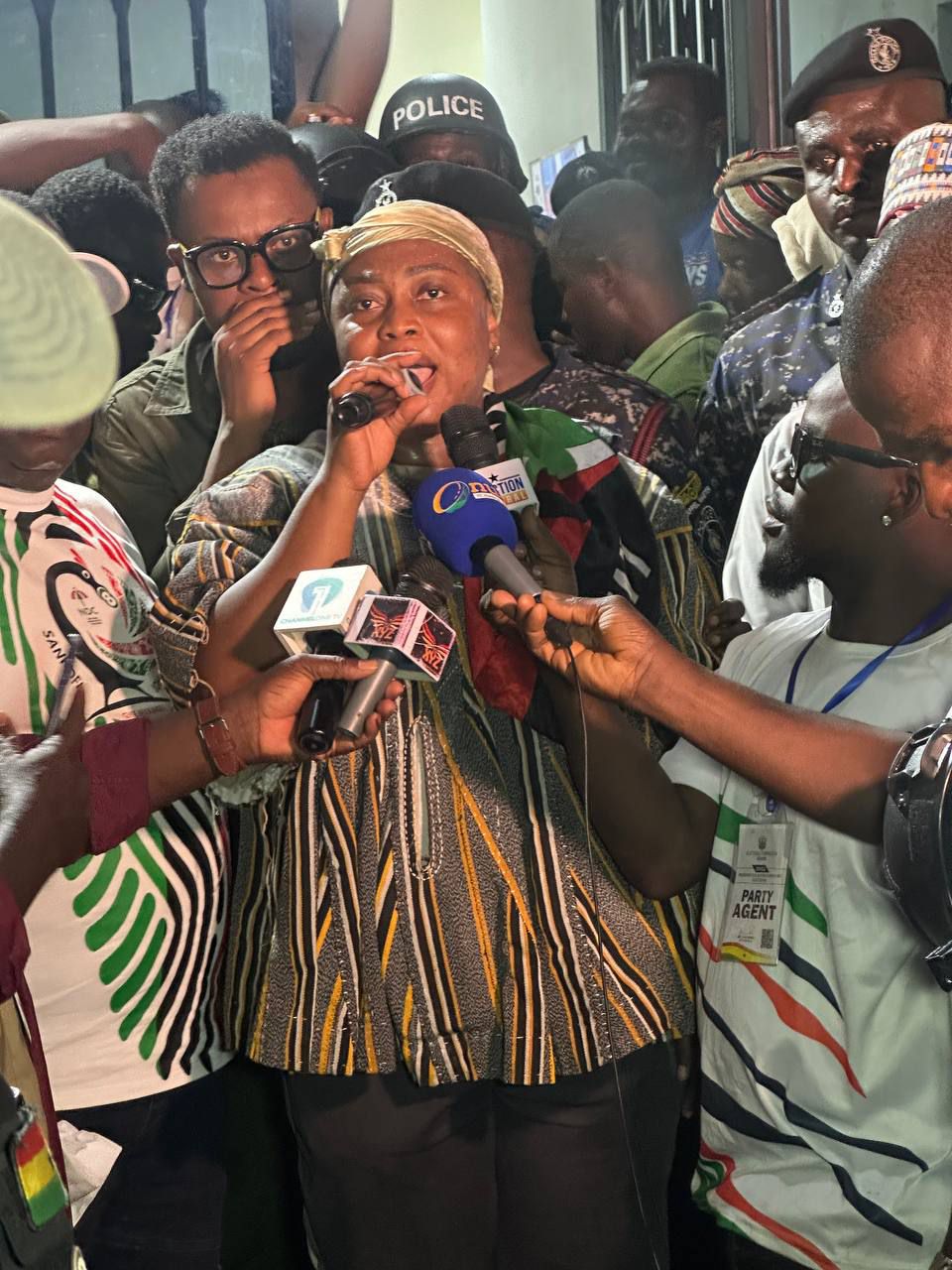
Facebook
Twitter
Pinterest
Instagram
Google+
YouTube
LinkedIn
RSS